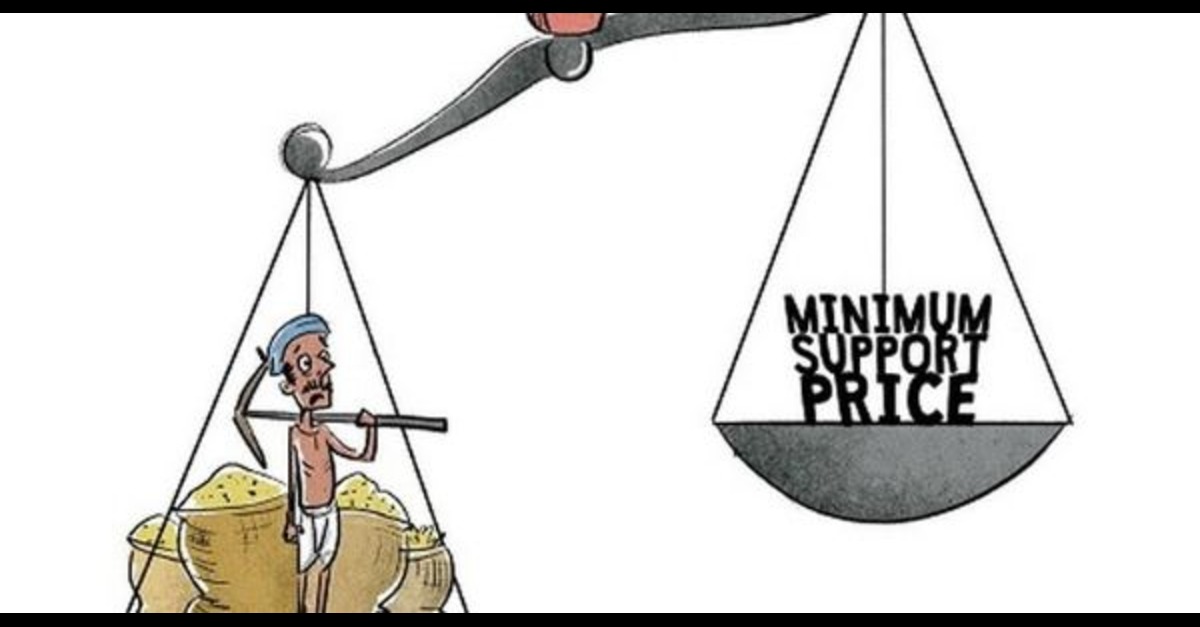Case Name: State represented by Inspector of Police, CBI, ACB, Visakhapatnam v. Eluri Srinivasa Chakravarthi & Ors.
Case Number: Criminal Appeal Nos. ___ of 2025 (Arising from SLP (Crl.) Nos. 5941–5951 of 2022)
Date of Judgment: 22 May 2025
Quorum: Justices Pankaj Mithal and S.V.N. Bhatti
FACTUAL BACKGROUND
This case stems from a suo motu FIR filed by the CBI in 2006 against Rayapati Subba Rao (A-1), then Cotton Purchase Officer (CPO) of Cotton Corporation of India (CCI), and others, including his son (A-3), for alleged corruption and fraud in cotton procurement under the MSP scheme for the financial year 2004–05.The CBI alleged that A-1 and A-3 purchased cotton at low prices before MSP declaration, hoarded it, and resold it to the CCI using the names of fake or benami farmers (A-4 to A-47) once MSP was announced, thereby securing inflated payments from CCI.The CBI’s chargesheet alleged conspiracy, forgery of official records (takpatties, weighment slips), opening of bank accounts for fictitious farmers, and wrongful gain amounting to ₹21.19 crores.Forensic evidence confirmed forged signatures, and land ownership records revealed that the alleged farmers lacked sufficient land to justify the quantities of cotton sold.Despite this, the Special Court discharged the accused under Section 239 CrPC, relying heavily on a letter from CCI dated 31 January 2007, which stated that no procedural violations or losses occurred.The High Court upheld this order, prompting the CBI to approach the Supreme Court.
ISSUES FOR DETERMINATION
- Whether the Special Court and High Court were justified in discharging the accused based on defence material not part of the prosecution record under Section 239 CrPC?
- Whether the allegations in the chargesheet constituted sufficient ground to frame charges against the accused?
LEGAL PROVISIONS
Section 239, Code of Criminal Procedure, 1973. Sections 120B, 420, 468, 471, Indian Penal Code, 1860. Sections 13(1)(d) and 13(2), Prevention of Corruption Act, 1988. Article 136, Constitution of India
APPELLANT’S CONTENTIONS
The appellant (CBI) contended that both the High Court and the Special Court were in error for having placed reliance on the 2007 letter of the CCI, which had been called on behalf of the accused and was not part of the documents under Section 173 CrPC. The CBI maintained that at the discharge stage, only the chargesheet and accompanying materials could be considered. It further contended that the evidence—both documentary and forensic—demonstrated a prima facie case of conspiracy, forgery, cheating, and misappropriation of funds under the MSP scheme. The discharge, it argued, amounted to an acquittal and was contrary to binding precedent.
RESPONDENT’S CONTENTIONS
The respondents contended that they were legitimate cultivators or leased land for cotton farming. They emphasized that the CCI’s official response to CBI had clearly stated that there was no procedural lapse or loss.They argued that there was no material on record to justify charges of forgery, cheating, or conspiracy and that the proceedings amounted to abuse of process. Some accused were stated to be deceased. The respondents asserted that the case lacked merit and sought dismissal.
ANALYSIS
The Supreme Court found that the Special Court and the High Court exceeded their jurisdiction under Section 239 CrPC by relying on defence documents—specifically the letter from CCI dated 31 January 2007.Drawing from the binding precedent in State of Orissa v. Debendranath Padhi (2005), the Court reasserted that the discharge stage is confined to the police report and documents submitted under Section 173 CrPC. The accused are not entitled to submit independent material for discharge.The Court held that discharge orders must not resemble acquittals. The presence of grave suspicion—demonstrated by forged signatures, manipulated banking documents, use of fictitious identities, and significant financial loss—necessitated a full trial. The CCI letter was unable to supersede the massive evidence of criminality set forth in the chargesheet, such as the forensic reports, land ownership discrepancies, and fake documents.The Court also stated that judicial discretion to acquit should be exercised strictly within the statutory limits. It observed that the lower courts failed to appreciate the material available and instead adopted a defence-centric approach not permitted at the pre-trial stage.
JUDGMENT
The Supreme Court allowed the appeals. The orders of the Special Court and the High Court discharging the accused were set aside.The discharge applications of the accused were dismissed.The matter was remanded to the Special Court for fresh consideration of framing of charges based solely on prosecution material, uninfluenced by the present judgment.
CONCLUSION
This verdict reaffirms the restricted nature of judicial review on the charge-framing stage or the release of the accused. It confirms that the judiciary cannot use defence material to avoid trial where the prosecution makes serious charges backed by documentary and expert evidence. The decision strengthens the procedural integrity of criminal trials and ensures that white-collar crimes involving public funds and trust are not prematurely quashed. The judgment stands as a critical reinforcement of the principle that judicial discretion must conform to statutory limits and not blur the line between discharge and acquittal.
“PRIME LEGAL is a full-service law firm that has won a National Award and has more than 20 years of experience in an array of sectors and practice areas. Prime legal falls into the category of best law firm, best lawyer, best family lawyer, best divorce lawyer, best divorce law firm, best criminal lawyer, best criminal law firm, best consumer lawyer, best civil lawyer.”
WRITTEN BY ADI MEHTA


